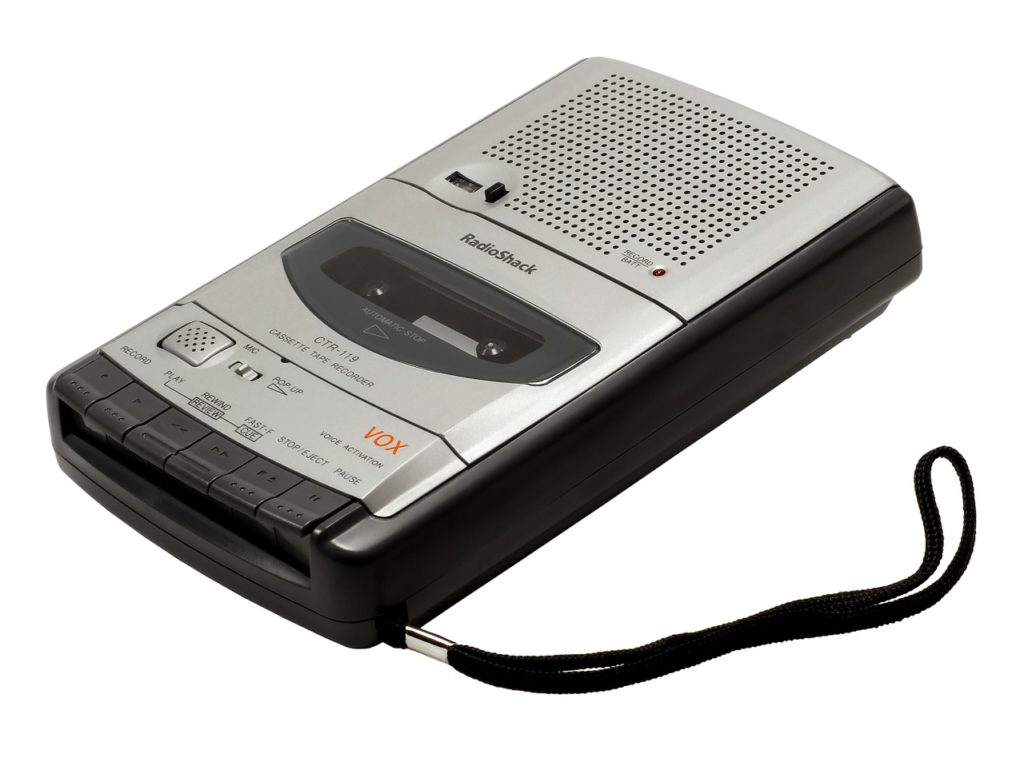
Music Venue Management: How to Save Time and Build Your Business
Hours You’ll Never Get Back
According to an Eventbrite survey of nearly 50 live music venues, the average venue employee spends between one and four hours every day on booking and ticketing alone. That’s a lot of hours doing just a few things when we all know music venue management is about a whole lot more.
Sure, booking shows and selling tickets for those shows is a big deal, but so is maintaining close communications with talent buyers and agents, promoters, venue staff, and other stakeholders required to pull off a show. Then there’s the marketing and promotion, paperwork, bookkeeping and accounting, settlements, and venue maintenance. Don’t forget the ticketing, technology, and food and beverage piece.
For venue managers to be successful, they need to consolidate systems and tasks wherever possible and go mobile with as much of it as they can. It’s the only way to be efficient and productive at the same time. Being tied to a desk to scour emails, spreadsheets, and disconnected systems keeps them from building relationships and their reputation.
Where Venue Managers Can Get Some Time Back
There’s really no reason to operate as if we were still in the 1990s. Venue management has come a long way in the past decade, giving venue managers better options in how they run things. Even while some managers like things as they were done in the past, the ones that are embracing new technology and practices are finding they can do more with less, often experiencing a better work-life balance in the process.
In order to understand where time can be recovered, it’s important to break it down by specific aspects of venue management.
Operations
Day-to-day venue operations could be a full-time job in and of itself. Hiring, managing, training, and scheduling staff is just the beginning. A venue manager has to oversee basically everything that has to do with maintaining the physical structure to all of the tasks involved with ensuring shows go off without a hitch. Coordinating efforts amongst staff, vendors, maintenance crews, and other stakeholders means endless hours on the phone or email.
Using software that brings all of those pieces together is critical to saving time. Collaboration can’t be accomplished via email, phone, or fax. There is too much risk for something to be missed. With venue management software that has integrated collaboration and calendar features, however, managing all of the stakeholders, tasks, and statuses is much easier.
The collaboration component should enable you to connect your team with third-party stakeholders in one platform with you controlling who has access to what. With everyone virtually on the same page, tracking conversations, to-dos, and outstanding tasks is painless. There’s a historical log of everything, sorted by show. Imagine seeing all of that from your mobile device and being able to manage holds for all of your rooms on one calendar. Or being able to assign jobs to your staff without sending an email.
This is real progress.
Booking
Booking agents and promoters may do the booking, but venue managers have to promote their venue to make sure it’s on those agents’ radar. It’s up to the venue manager to then work with the agent and/or promoter to book the date, negotiate the offer, and provide everything the talent expects to have on show day.
Once again, venue management software can ease that process. With calendar and collaboration tools already on board, the next piece is offer generation. Once you book a date for a show, you have to build the offer. Why have to navigate to another application to craft the offer when it can be part of the venue management platform?
Venue managers should be able to build those offers in the same place they’ve placed the hold on a date. With the right software, you can. You can create your own offers, complete with your logo and custom design, to send to the agent, promoter, or band in less than a minute – and yes, from your mobile device. How’s that for saving time? Because you can leverage prebuilt templates, you eliminate the need to manually create or edit every contract. Even better, find venue management software that’s tied into your financials so you can have instant visibility into budgets, revenue estimates, break-evens, and deal scenario impacts in real-time.
Marketing
Marketing shows these days isn’t what it used to be. Your community may stretch around the globe and is on social media, email, and in your venue. It’s important to be where your audience is and get your venue on their radar as often as possible. That means optimizing all of your resources.
Facebook, Twitter, Instagram, Snapchat, and Vine are among the most popular platforms and can be the most powerful promotional tools you can use. If you want to sell the most tickets to your shows, you need to look no further than where the fans of those bands congregate online.
Even if you don’t know for certain, just look at the type of fans they have. What are their ages? Did you know that according to Pew Research, 78 percent of 18-24-year-olds use Snapchat (but only 54 percent of 25-29-year-olds do), 71 percent of this age group use Instagram, and 45 percent use Twitter?
It’s recommended you follow your artists on whichever social platforms they typically post to. You can then retweet their content to your own followers and ask the band to tweet about the show at your venue. Continue to post content on these channels during and after the show to attract attendees who will often follow your venue. This is how you build your follower base for free.
Be sure to use venue management software that has a financial component so you can easily build and track marketing budgets. Not all marketing is free, but when you can instantly see how much you have to spend on marketing, you are less likely to overspend and eat into your margin.
Finances
As we’ve said throughout this post, the financial piece of venue management is critical. It’s your bread and butter so you better know where you stand at all times. You are wasting precious time if you’re having to go outside of your venue management software platform to pull financial data. Software exists with the financial piece already included, integrated with everything else. The value of this financial visibility cannot be understated.
Every expense needs to be itemized and tracked as they occur. Every ticket sale should instantly update your financials as they are sold. Budgets and marketing ROI shouldn’t require hours of labor to calculate. They can be automatically calculated in real-time. That means no calculations on your part. No wondering what your break even is. No waiting for the show to end and the ticket sales are counted to know if you made money. It’s all there in black and white.
The question really isn’t whether venue managers should Invest in venue management software as much as it is which software is best. When considering different products, be sure every one of the components above is included. Check to see which integrations with other applications are available and how easy those integrations are to build. An easy-to-use API is preferred so you don’t have to hire any IT support to make it happen.
Finally, choose a venue management software product that is built and sold by people who really understand the music industry. What you do every day is unique, unlike most industries. Don’t settle for a generalized product. Find one that’s geared specifically for music industry professionals so you have all you need in the palm of your hand.

Matt Ford is the founder and CEO of Prism.fm, an Austin-based software company revolutionizing live music event management. With a background in entrepreneurship and a degree from the University of Wisconsin-Madison School of Business, Ford combined his self-taught coding skills with firsthand experience as a concert promoter to address the inefficiencies he observed in the industry. In 2018, he launched Prism.fm, an all-in-one platform designed to streamline operations for venues, promoters, and agencies by replacing cumbersome spreadsheets with integrated tools for booking, financial tracking, and contract management. Under his leadership, Prism.fm has grown significantly, achieving $3 million in annual recurring revenue post-COVID and securing over $15 million in funding . Ford’s commitment to building user-centric solutions has positioned Prism.fm as a trusted partner for over 1,500 venues and promoters worldwide.



